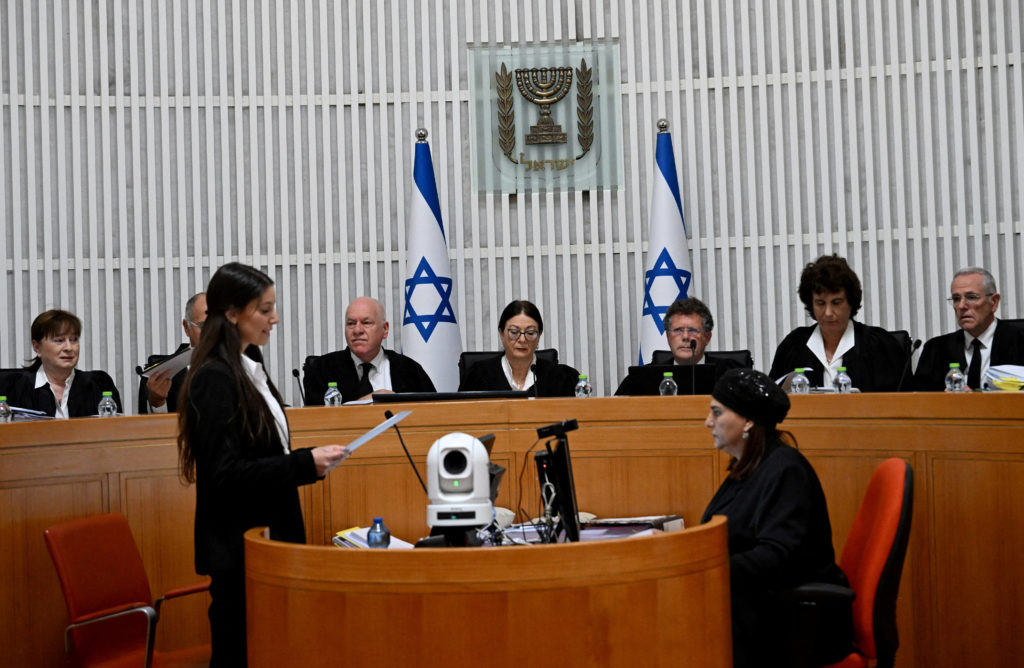
After a number of coalition lawmakers called for the prosecutor general’s resignation, Israeli Justice Minister Yariv Levin invited them to support his initiative to revive judicial reform, including the adoption of a law that would give the government more influence over the selection process of judges.
At a government meeting, Yariv Levin insisted on resuming legal reform
Justice Minister Yariv Levin, at a government meeting on August 11, called for the resumption of legal reform, which the opposition characterizes as a “coup in the legal system.” Promotion of this reform plan was suspended after the Hamas attack on Israel.
“The time has come to decide whether we will move forward with full determination. The time has come to make critical changes in the judicial system,” said Levin, who temporarily deputized for the prime minister in place of Benjamin Netanyahu at the meeting.
Finance Minister Bezalel Smotrich responded by calling for the resumption of the process of passing the law, which includes changes to the structure of the commission for the appointment of judges, which have already received approval for consideration in the second and third readings.

A number of ministers made a proposal to resign from the powers of the government’s legal adviser, Gali Baarav-Miara. National Security Minister Itamar Ben-Gvir put forward a proposal to immediately hold a vote on this issue at the current government meeting. “Let’s see who dares to object,” he noted.
According to information from the office of the Minister of Justice, Levin emphasized at the meeting that the first step should be to make changes to the composition of the Supreme Court. In addition, he called on the coalition for unity in action and invited the opposition to seek compromises with the coalition.
Judicial reform in Israel: the escalating conflict with Hamas and its impact on political debate
The situation with judicial reform in Israel has become more complicated after its progress was temporarily suspended due to the escalation of the conflict with Hamas. The need for reform, aimed at significant changes in the structure and powers of the judiciary, remains relevant and is subject to intense debate. The focus is on reorganizing the Supreme Court and changing the judicial appointment process, which will give the government more control over the judiciary.
Recent government discussions indicate that, despite current tensions in the region, the issue of judicial reform continues to be at the center of political debate. Support for the reform by Justice Minister Yariv Levin and his supporters underscores the need to change the balance between the branches of government to prevent excessive influence of the courts on executive and legislative decisions.

On the other hand, the opposition and critics of the reform warn about the risks of political bias in the judiciary and its weakening as an independent body. In light of these controversies, judicial reform could have a significant impact on Israel’s future political development, both internal and external.
